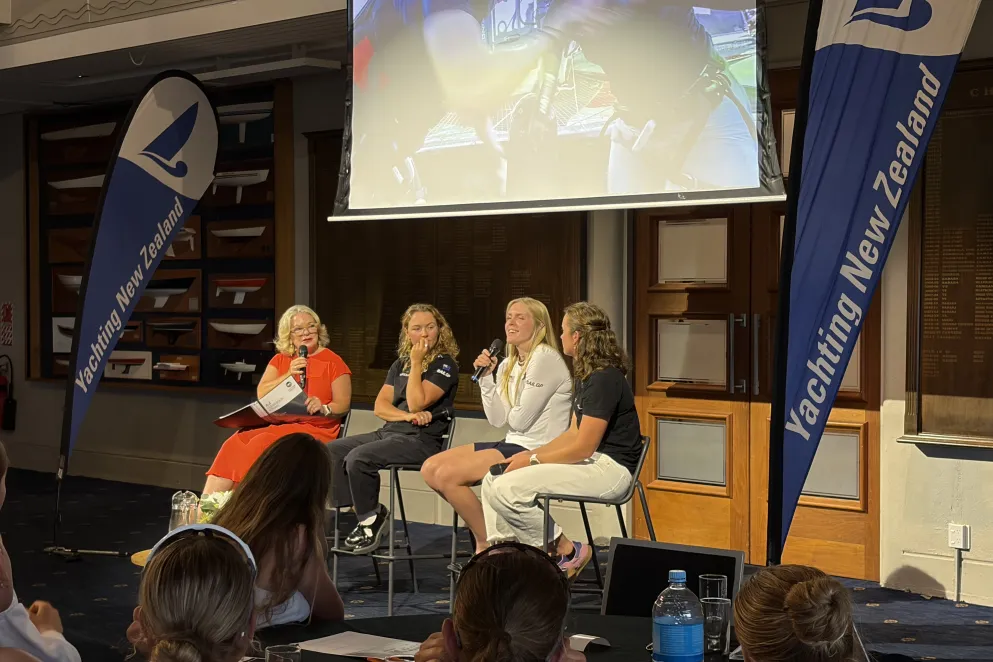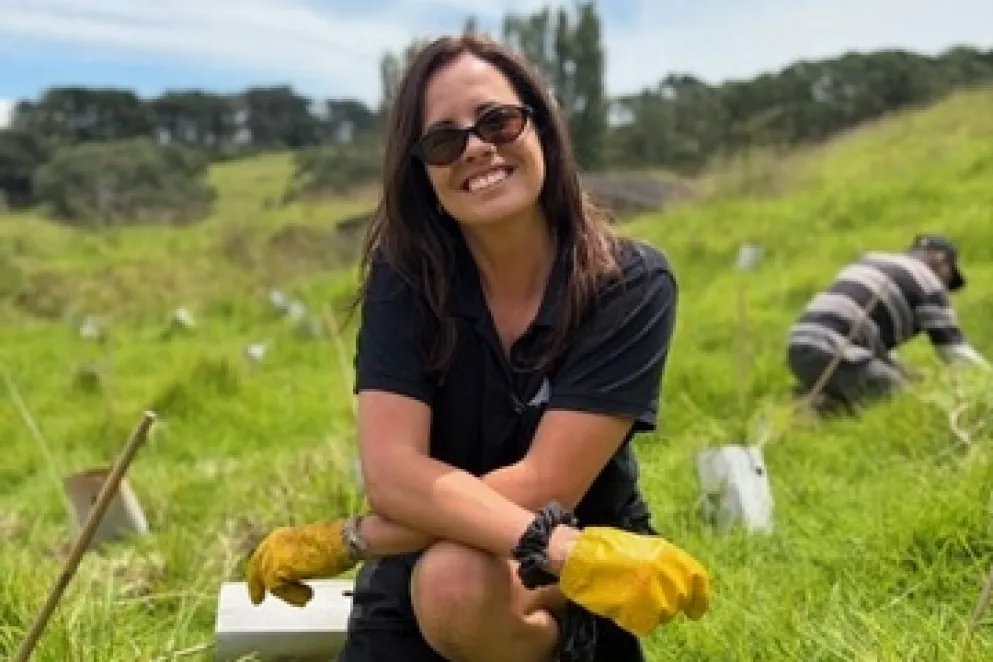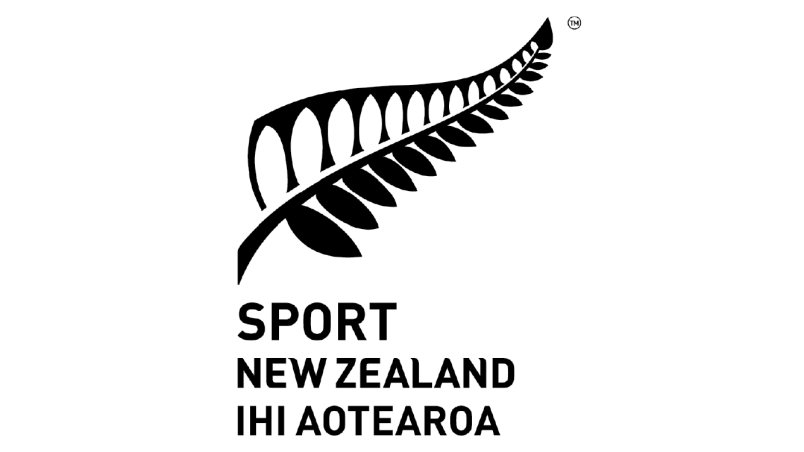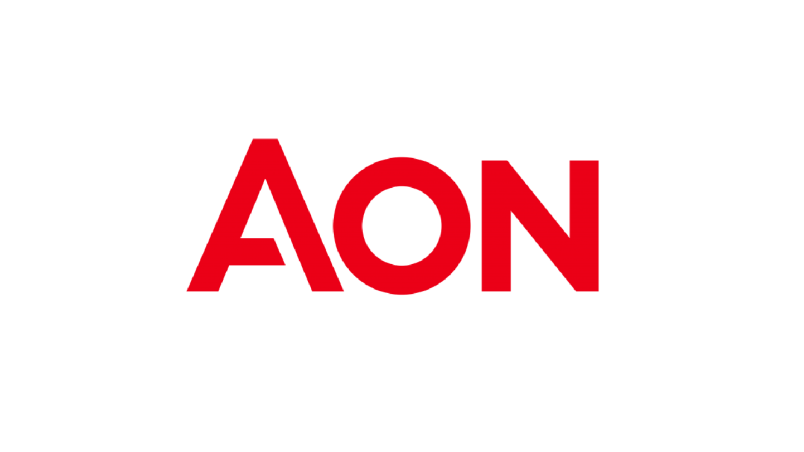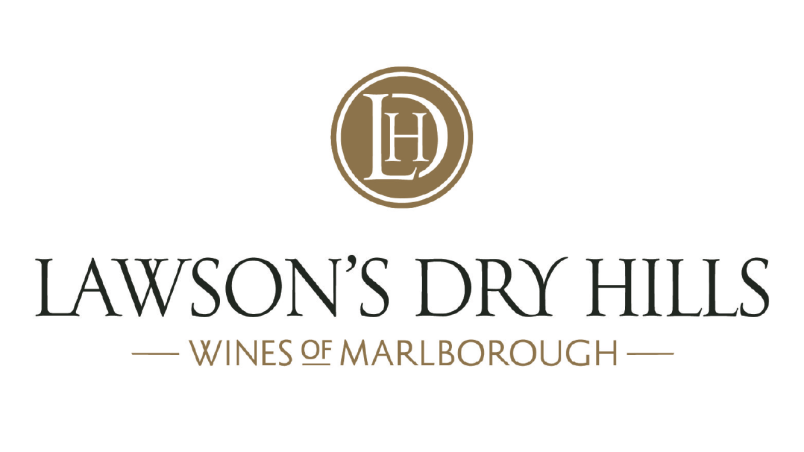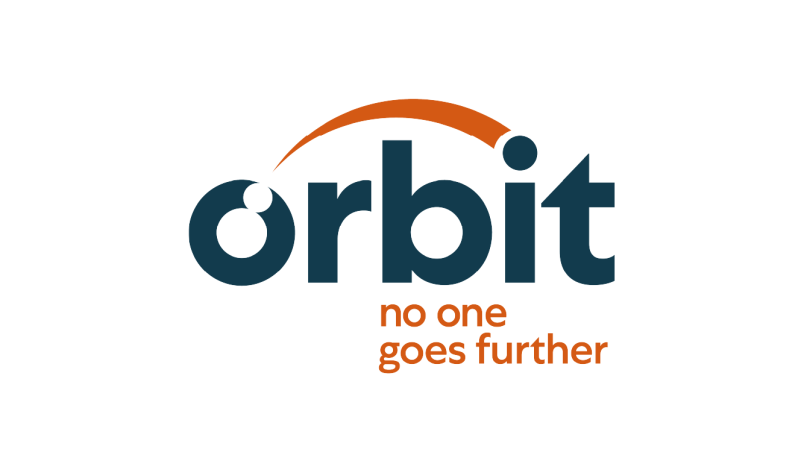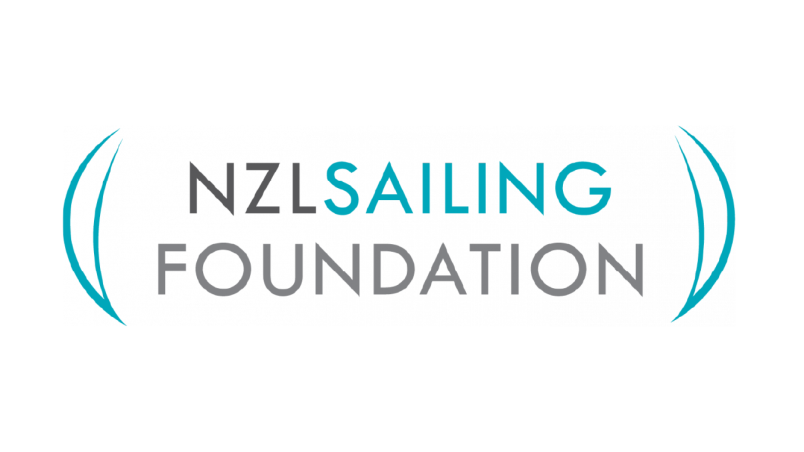Coaches need to have fun too!
A really good case study by Sport Wellington.
Case 1- Dayle Clarkson (Coach): Dayle has been coach of Wairarapa College Snr A netball since 2014, during which time she has promoted the need for team culture and values.
When I first started out coaching, like so many others, I thought developing a team culture was all about filling up the trophy cabinet. I thought winning was the only culture a team should have and if you’re not winning then, quite simply, you accept a mediocre team culture.
After 30 years I’m glad to say I’ve learnt a thing or two and have a very different persective on Team Culture and Team Values. Yes, it takes time to morph into this way of thinking and perhaps there are no short-cuts but merely a cluster of experiences that move you to want to look for the fun experiences that you deserve as a coach.
My first word of advice is “Coaches need to have fun too”. Having fun isn’t a new concept and any formal coach training we’re given always tells us to make it fun, but somewhere along the way we transfer that into fun for the kids and forget to give permission to make it fun for ourselves. Fun means different things to different people. For me it’s helping to grow capable, young people, and helping them reach their potential. It might sound a bit flaky but giving them the power is the cornerstone to a strong team culture. Empowerment leads to collective decision making, buy-in, ownership, life-long learners, self-motivation and a love of the game and, in many cases, life-long friendships.
I think team culture is more about the journey and not the destination. A win-loss ratio doesn’t have any bearing on the potential and capability of a person and , let’s face it, there’s equally as much to learn from losing as there is from winning. Although to some it may seem like I’m taking the easy way out, the reality for me is I don’t have to do all the thinking and come up with all the solutions. I don’t have to get frustrated when a game plan is not executed the way I want it done. I don’t replay every mistake in my head over and over again. Consequently, I can focus on the things that make it fun for me.
Developing players that connect to me and each other, that reward themselves through challenge, innovation and improvement, celebrate growth and understanding, are my objectives as a coach. Teams then become places of trust, respect and... yes... ENJOYMENT!
So, the question for you is, are you the kind of coach who is spending their time critically assessing what I’ve written or have you already started thinking about YOUR FUN?
Links to the following case studies are also available here:
Case 2 - Joanna Saba (Player /captain): The effect of culture & values on the participant
Case 3 - Treen Edmonds (Assistant coach): Learning to understand culture & values
